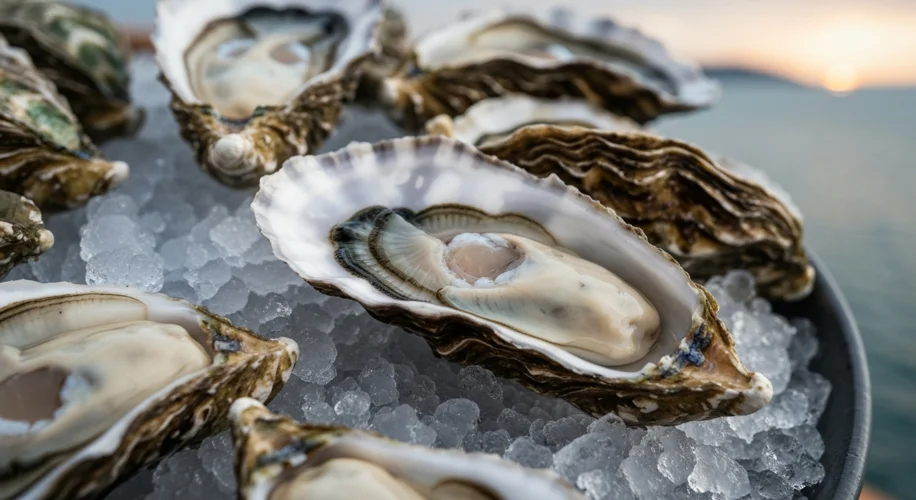Did you know that the warmer our waters get, the higher the risk of encountering certain bacteria becomes? It’s a stark reminder of how climate change impacts our everyday lives, even in ways we might not expect.
Recently, news has surfaced about people falling seriously ill, and sadly, even dying, after consuming raw oysters. These infections are caused by a bacterium called Vibrio vulnificus. It’s been reported that as of August 2025, several states have seen cases, with some leading to hospitalizations and tragically, six reported deaths. Two of these individuals contracted the infection from eating raw oysters.
What is Vibrio Vulnificus?
Vibrio vulnificus is a type of bacteria that naturally lives in warm, coastal waters. It’s most commonly found in saltwater environments, especially during the warmer months of May through October. When ingested, particularly through raw or undercooked seafood like oysters, it can cause severe illness.
The Link to Climate Change
Scientists have been pointing to a concerning trend: cases of Vibrio vulnificus infections are on the rise, and they are linking this increase directly to climate change. As ocean temperatures warm, the bacteria thrive in these conditions. This means that areas previously considered low-risk for these infections may become more susceptible.
What Does This Mean for Us?
For those who enjoy seafood, especially raw oysters, this is an important health alert. Vibrio vulnificus can cause a range of symptoms, from diarrhea and vomiting to more severe, life-threatening bloodstream infections and blistering skin lesions. In its most aggressive form, it can lead to necrotizing fasciitis, a condition where the bacteria destroys soft tissue.
Staying Informed and Safe
While this news can be concerning, knowledge is our best defense. It’s always a good idea to be aware of where your seafood comes from and how it’s handled. Eating seafood that is thoroughly cooked can significantly reduce the risk of infection. For those with compromised immune systems, liver disease, or other chronic health conditions, it’s especially important to be cautious about consuming raw or undercooked seafood.
The science is clear: our planet’s changing climate has real-world consequences. By staying informed and making mindful choices, we can navigate these challenges more safely. This is why I’m so passionate about understanding the science behind these shifts and sharing it with all of you.

